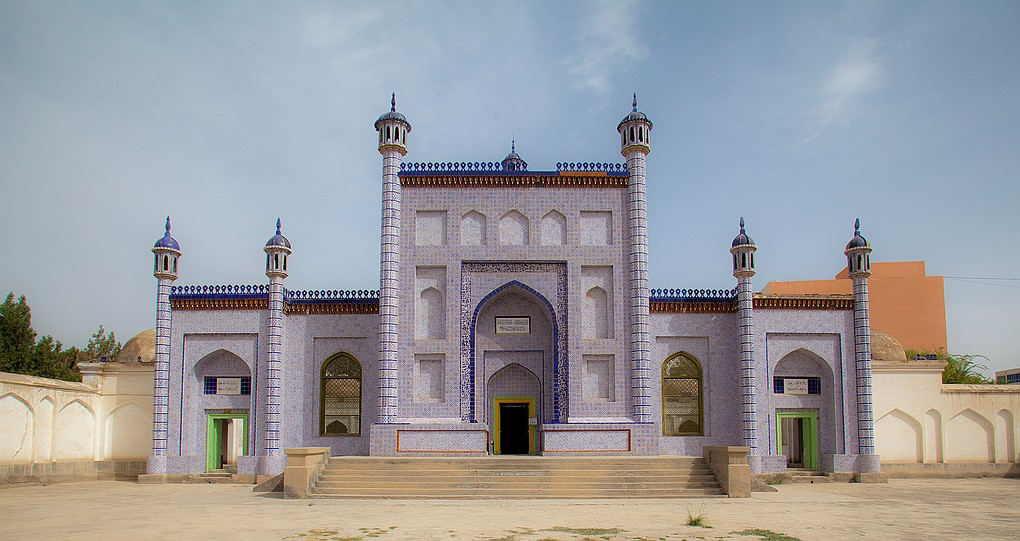Abdurehim Tileshüp Ötkür -The Voice of Resilience in Uyghur Literature
Abdurehim Tileshüp Ötkür, often hailed as the "father of modern Uyghur poetry," left an indelible mark on Uyghur literature with his profound works and enduring legacy. Born in May 1923 in Kumul, Xinjiang, Ötkür's early life was marked by personal loss and resilience.
Orphaned at a tender age, Ötkür found refuge and mentorship under the care of Osman Hacı, a notable figure in Kumul. Despite the tumultuous backdrop of the Kumul Rebellion, Ötkür pursued his education fervently, navigating through various schools and regions, each disrupted by unrest. His literary journey was shaped by diverse influences, from the folk tales narrated by his adoptive family to the works of Russian, Turkic, and Arabic writers he devoured during his schooling.
After graduating from Xinjiang University's Faculty of Pedagogy in 1942, Ötkür embarked on a multifaceted career, embracing roles as a teacher, journalist, and editor. His fluency in multiple languages enabled him to bridge cultural divides. He served as a translator for government offices and publications despite the restrictive environment for poets and writers following Xinjiang's incorporation into the People's Republic of China.
Ötkür's unwavering commitment to artistic expression led to his arrest in 1944 due to his support of the Three Districts Revolution. Despite facing adversity, he continued to weave poetry that resonated deeply with his audience. While official repression may have hindered his ability to publish between 1949 and 1968, Ötkür's creative spirit endured, eventually flourishing in the latter part of his career.
From 1979 until his passing in October 1995, Ötkür dedicated himself to scholarly pursuits as a respected figure in the Institute of Literature Studies at the Academy of Philosophy and Social Sciences, Xinjiang. His contributions to Uyghur literature were monumental, with his novels "Iz" and "Oyghanghan Zimin" standing as seminal works celebrated for their social and historical significance.
Ötkür's literary legacy extends far beyond his writings, transcending borders and cultures. His poetry, characterized by its profound introspection and lyrical beauty, inspires generations. In a poignant moment underscoring the enduring relevance of his work, Harvard president Lawrence Bacow recited Ötkür's poetry at Peking University, amplifying the voice of a visionary whose words resonate amidst the challenges faced by the Uyghur community.
Works:
Kashgar Night (Qeshqer Kéchisi) Ürümchi: Xinjiang People's Press, 1980.
Trace (Iz (novel)) Ürümchi: Xinjiang People's Press, 1985.
Life Journey (Ömür Menzilliri), Ürümchi: Xinjiang Youths Press, 1985.
Awaken Land (Oyghanghan Zimin (novel trilogy))




Comments
Post a Comment